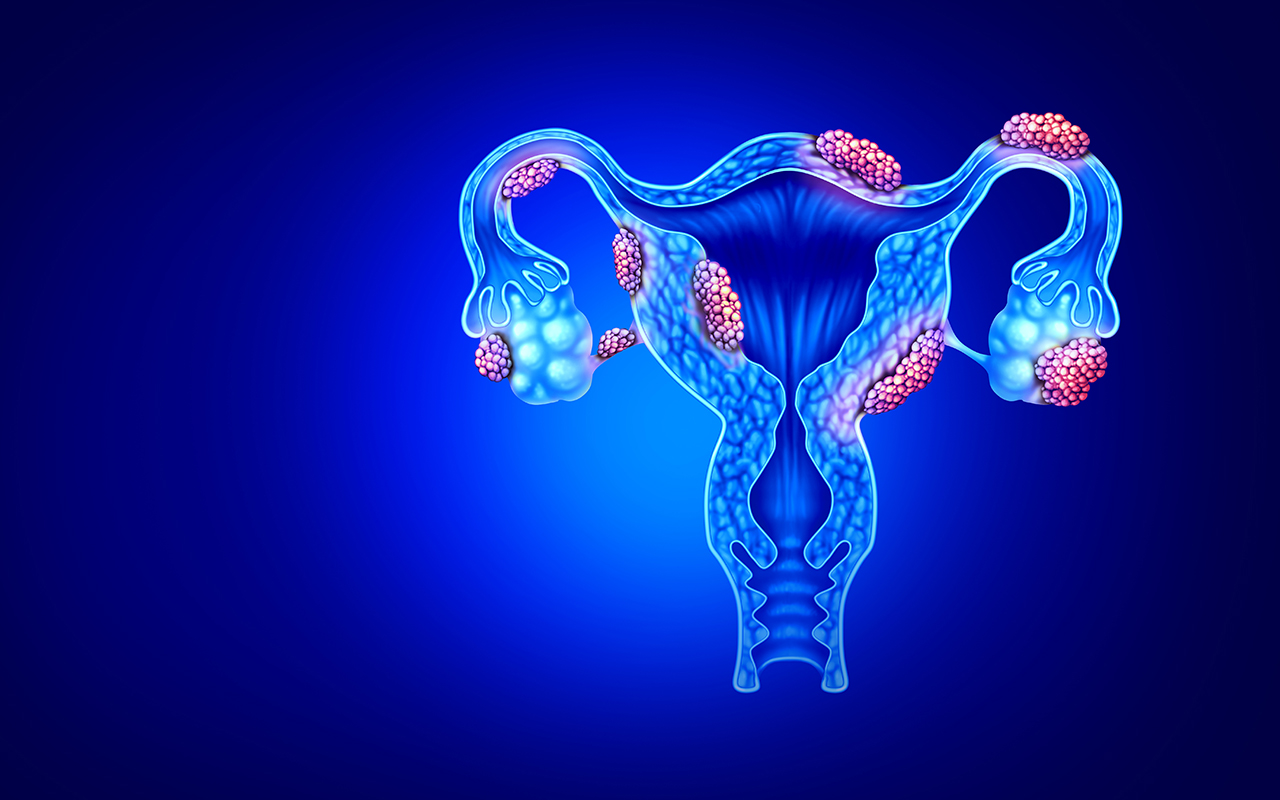IN clinical practice, endometriosis and gastrointestinal disorders such as irritable bowel syndrome commonly coexist. Recent studies have confirmed that women with endometriosis have a higher risk of IBS than women without.
Now a preprint paper published on medRxiv has potentially found out why. This, yet to be peer reviewed, Australian study has found a genetic link between endometriosis and digestive disorders.
“Shared genetic loci may contribute to risk of both endometriosis and digestive disorders through the involvement of DNA damage, estrogen regulated cell-proliferation and inflammation, and barrier dysfunction,” the authors wrote.
One author, Dr Sally Mortlock from the Institute for Molecular Bioscience at the University of Queensland, told InSight+ that they used large-scale multifaceted data including observational, genetic, and pharmaceutical datasets.
“We had information of millions of variants, or genetic variants across the genome, ones that were associated with endometriosis, and ones that were associated with the gastrointestinal disorders. So we were able to use a range of statistical approaches to compare those risk variants to see which ones were common between the diseases,” she explained.
The researchers found a relationship between endometriosis and a variety of gastrointestinal diseases.
Their analyses “supported a causal relationship between genetic predisposition to gastrointestinal disorders (gastro-oesophageal reflux disease [GORD] and peptic ulcer diseases [PUD]) and endometriosis risk, and evidence for a bidirectional causal relationship between endometriosis and IBS, which might explain in part the cooccurrence of these diseases,” the authors wrote.
What are the implications of these shared genetics?
The implications of such a finding are significant, the authors believe.
Endometriosis is a common gynaecological disorder affecting up to 11% of women. Although recognition of the disease is improving, it can take an average of 7 years between symptom onset and diagnosis.
Part of the reason for the long diagnosis is that the symptoms are so similar to other conditions, including gastrointestinal disorders. It’s been observed that many women diagnosed with endometriosis experience symptoms such as abdominal pain, bloating, constipation, heartburn, dyspepsia, vomiting, painful bowel movements, diarrhoea, and nausea. Although these symptoms don’t necessarily involve bowel lesions associated with endometriosis, some symptoms such as cyclic-related bloating, constipation and diarrhoea can get worse during menstruation.
Another author of the study, Professor Jenny Doust from the University of Queensland’s School of Public Health, said that she hopes this study highlights the possibility of joint diagnoses when investigating endometriosis and gastrointestinal disorders.
“Clinicians should be aware that there is this crossover between symptoms. So people with endometriosis quite often have gastrointestinal symptoms. And people with uteruses, who have gastrointestinal symptoms can have endometriosis,” she said.
The pharmacological response
One reason it’s so important to acknowledge these two diagnoses is how common medications could affect the symptoms of both diseases.
“Women with endometriosis are using higher levels of non-steroidal anti-inflammatories, which you would expect, but they’re also using higher rates of proton pump inhibitors and laxatives [if they have gastrointestinal problems],” said Professor Doust.
“Particularly as a laxative is something you can get over the counter, clinicians may not even be aware that this is happening,” Professor Doust said.
The paper highlighted that there needs to be some caution around contraindications for some drugs.
“Pain medications, or anti-inflammatories that are taken for endometriosis might actually inflame some sort of gastrointestinal disorders – they can inflame peptic ulcer disease, for example,” Dr Mortlock explained.
The future of endometriosis
Endometriosis has been severely under-researched, but it’s hoped the tide is turning. The federal government launched an Action Plan for Endometriosis in 2018, with an aim to improve research programs into endometriosis and increase treatment options.
This MedRxiv article discusses whether some common IBS treatments could help people living with endometriosis as well.
“Other evidence towards the potential of drug repositioning includes that visceral sensitivity and chronic low-grade inflammatory state have been key characteristics in both IBS and endometriosis and therapies targeted at relieving pain in IBS can also relieve pain during menstruation,” the authors wrote.
The low FODMAP (fermentable oligo‐, di‐, monosaccharides and polyols) diet is a common therapeutic dietary protocol for IBS, but there is increasing research into whether it could also be beneficial for people living with endometriosis. A study from New Zealand found that women who have IBS and endometriosis concurrently had a significantly higher response rate to the low FODMAP diet than IBS patients with no known endometriosis.
It’s integrated approaches and broader thinking which could be more common in the future of endometriosis treatment.
“Having that kind of integrated approach sounds like an ideal thing because often people with endometriosis aren’t adequately treated. And there’s lots of evidence about women with endometriosis having ongoing problems with pain,” Professor Doust suggested.
Although it’s early days, it’s also hoped that this genetic discovery could help with diagnosis in the future.
“Our long term goal is definitely to create more diagnostic support tools in the area of (in particular) endometriosis. It’s a long process that won’t happen immediately. But the idea would be to bring in this knowledge of the relationship with other diseases to facilitate an earlier diagnosis,” Dr Mortlock concluded.
Caitlin Wright is a Sydney-based freelance journalist and 2022 Copywriter of the Year who writes for communities and organisations that care for others.
Subscribe to the free InSight+ weekly newsletter here. It is available to all readers, not just registered medical practitioners.

 more_vert
more_vert